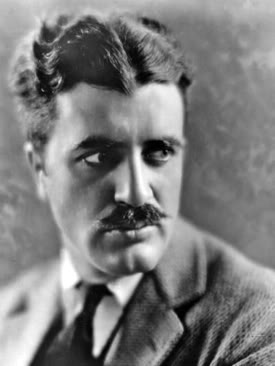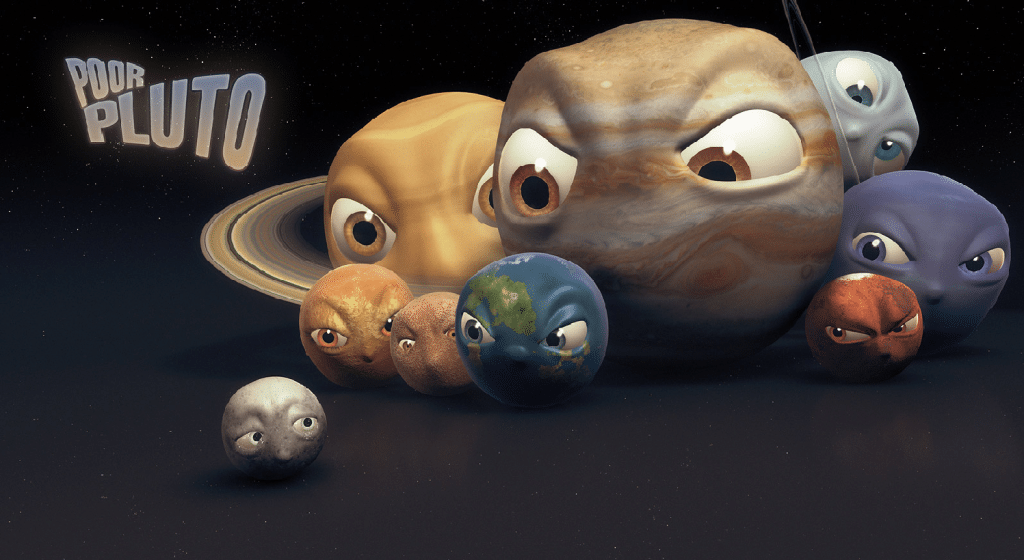The Academy of Motion Picture Arts and Sciences announces the winners of the first Academy Awards on this day in 1929.

Spearheaded by movie mogul Louis B. Mayer, the Academy was organized in May 1927 as a non-profit organization dedicated to the advancement and improvement of the film industry. The first awards went to movies produced in 1927 and 1928. Though the announcements were made in February 1929, the actual awards weren’t given out until May 16, 1929, in a ceremony and banquet held in the Blossom Room of the Hollywood Roosevelt Hotel. Some 270 people attended the dinner, many paying $5 each for a ticket.
The first Academy Award winners received gold statuettes designed by art director Cedric Gibbons and sculpted by George Stanley. The Academy’s first president, the silent film actor Douglas Fairbanks, handed out the statuettes to the winners, who included Janet Gaynor for Best Actress (for three different films: Seventh Heaven, Street Angel and Sunrise) and the German-born Emil Jannings (The Last Command and The Way of All Flesh) for Best Actor. Frank Borzage and Lewis Milestone both won Best Director awards, for Seventh Heaven and Two Arabian Knights, respectively. Best Picture honors went to Wings, the World War I drama directed by William Wellman.
In the second year of its awards, the Academy changed its policy and began releasing the names of each year’s winners to the press at 11 p.m. on the night of the awards ceremony. This practice ended in 1940 after the Los Angeles Times broke from tradition and published the results in its evening edition, which meant they were revealed before the ceremony. The Academy subsequently instituted a system of sealed envelopes, which remains in use today. The awards weren’t nicknamed “Oscars” until 1931, when a secretary at the Academy noted the statue’s resemblance to her Uncle Oscar, and a journalist printed her remark.
The awards were broadcast on radio until 1953, when the first televised Oscars program aired. Since then, the Academy Awards have become one of the world’s most watched television events, drawing as many as 1 billion viewers worldwide. The comedian Bob Hope presided over the ceremony a total of some 20 times; other hosts have included Will Rogers, Jack Benny, Johnny Carson, Billy Crystal, Whoopi Goldberg, Steve Martin, Chris Rock, Ellen DeGeneres and Jon Stewart.
On this day…in 1930
Pluto, once believed to be the ninth planet, is discovered at the Lowell Observatory in Flagstaff, Arizona, by astronomer Clyde W. Tombaugh.
The existence of an unknown ninth planet was first proposed by Percival Lowell, who theorized that wobbles in the orbits of Uranus and Neptune were caused by the gravitational pull of an unknown planetary body. Lowell calculated the approximate location of the hypothesized ninth planet and searched for more than a decade without success. However, in 1929, using the calculations of Powell and W.H. Pickering as a guide, the search for Pluto was resumed at the Lowell Observatory in Arizona. On February 18, 1930, Tombaugh discovered the tiny, distant planet by use of a new astronomic technique of photographic plates combined with a blink microscope. His finding was confirmed by several other astronomers, and on March 13, 1930…the anniversary of Lowell’s birth and of William Hershel’s discovery of Uranus–the discovery of Pluto was publicly announced.
With a surface temperature estimated at approximately -360 Fahrenheit, Pluto was appropriately given the Roman name for the god of the underworld in Greek mythology. Pluto’s average distance from the sun is nearly four billion miles, and it takes approximately 248 years to complete one orbit. It also has the most elliptical and tilted orbit of any planet, and at its closest point to the sun it passes inside the orbit of Neptune, the eighth planet.
After its discovery, some astronomers questioned whether Pluto had sufficient mass to affect the orbits of Uranus and Neptune.
In 1978, James Christy and Robert Harrington discovered Pluto’s only known moon, Charon, which was determined to have a diameter of 737 miles to Pluto’s 1,428 miles. Together, it was thought that Pluto and Charon formed a double-planet system, which was of ample enough mass to cause wobbles in Uranus’ and Neptune’s orbits.
In August 2006, however, the International Astronomical Union announced that Pluto would no longer be considered a planet, due to new rules that said planets must “clear the neighborhood around its orbit.” Since Pluto’s oblong orbit overlaps that of Neptune, it was disqualified.
Well, I’m pretty sick and tired of all the mollycoddled actors and actresses of Hollywood, I’d like to think that there’s a link between Pluto and the Oscars. If this is so…then the Oscars…one day…will also cease to exist…we can only hope.


